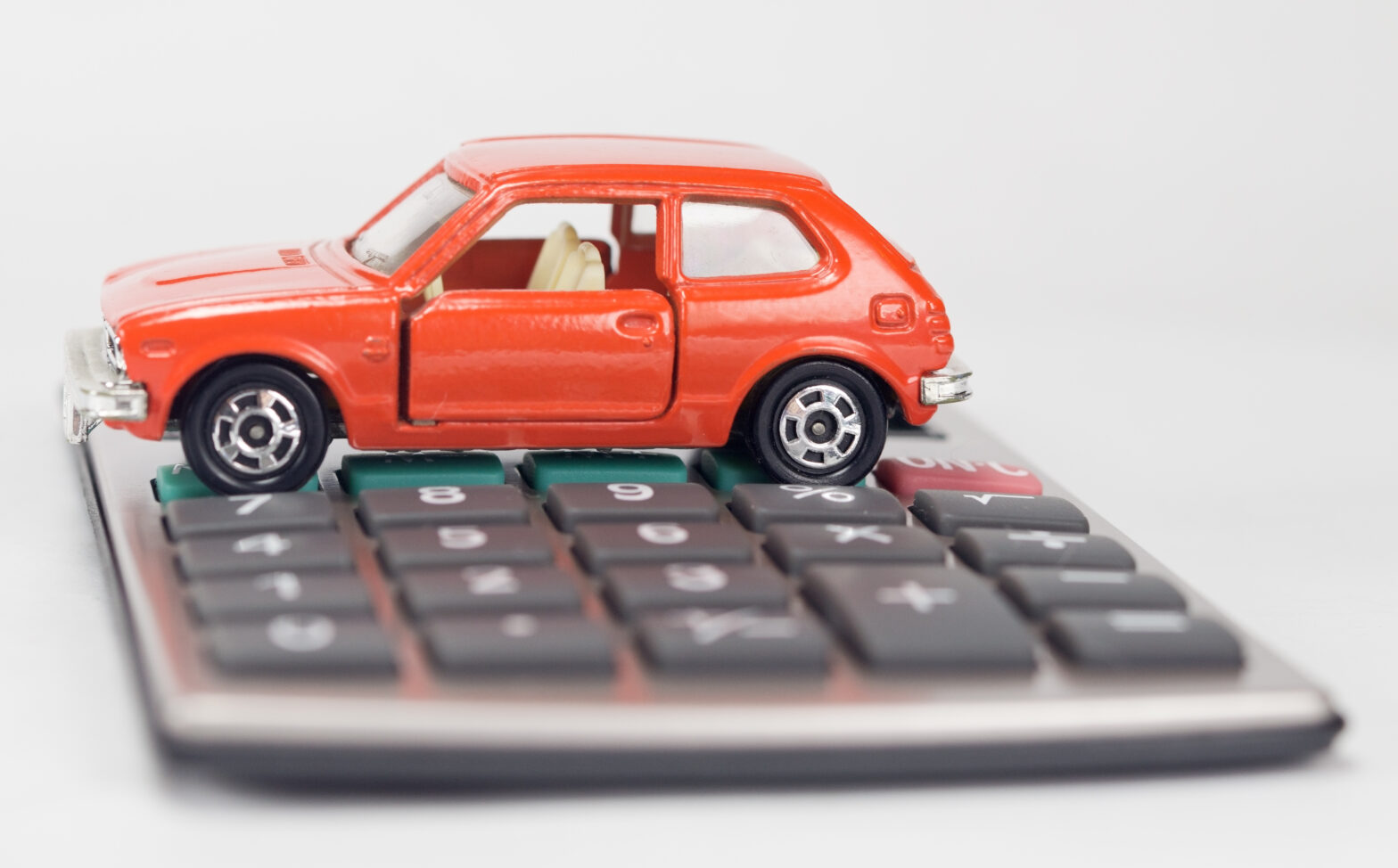If I bought my car for £7,000 + VAT and use it 50/50 for business and personal use. How much can I claim back? I’m so confused.
“Claiming tax back on a vehicle is a complex matter, affected by a range of factors that taxpayers should be aware of,” said Joanne Thorne, technical compliance manager at SJD Accountancy.
The amount you can claim back depends on whether you’re a sole trader or a limited company director.
“For those who are registered as a limited company, the car is classed as belonging to the business and will receive tax relief in the form of capital allowances, possibly over a number of years. The use of a company car will likely attract a Benefit in Kind (BIK) – which is a tax charge to cover the added benefit of having personal use of a company vehicle,” she told Small Business.
“Both the tax relief from the purchase of the vehicle and the BIK charge will depend on factors such as the model of the car, cost, fuel type and emissions. With the BIK charge also applied to any fuel costs claimed, it may be preferable for the user to claim business mileage instead, at HMRCs designated rates of 45p and 25p per mile.”
>See also: Mileage in the UK – what is it and how does it work?
For sole traders, they can either use their own vehicle, and charge some of the running costs through the business, or just claim the mileage allowance as above. Alternatively, if they purchase a car for business, they may be able to claim some tax relief on the cost. Again, this will depend on the cost, model and emissions of the car, as well as the split between business and personal use.
Finally, self-employed individuals should also remember that the way they pay for their vehicle may also influence how much tax they can claim back. For example, leased vehicles are not classed as belonging to either the company or the individual, but people can claim the costs of the lease as an expense.
Hybrid and electric vehicles
Electric cars could well be a preferable option for you as emissions are lower, as are the benefit in kind costs.
Government grants are available to help you buy electric cars which are, until 2025, exempt from vehicle excise duty. The average running cost is as much as 56 per cent less than running a petrol or diesel vehicle, according to DriveTech.
>See also: How to buy an electric car through your business
Other tax exemptions
Separately, if you use a Motability car then you may be exempt from tax. Contact RSA Mobility to ensure they know that you’re using the vehicle for your business.
See also: Buying commercial vehicles for tax reasons – Should I buy a commercial vehicle (e.g. van) rather than a car for tax purposes?





